Malaria is a dangerous tropical infection that spreads through mosquitoes. Infected people usually experience symptoms like the flu, such as high body temperature, fatigue, chills, headaches, and sweats. The disease often causes severe symptoms and can lead to death, but this worst-case scenario is usually averted thanks to treatment.
Most Americans infected with malaria are travelers, tourists, and immigrants returning or migrating from South Asia or Sub-saharan Africa – regions where malaria is commonly observed. It is estimated that 2000 people in the USA are diagnosed with this condition yearly.
If you are a tourist who plans to travel to the countries of the Sahara desert, read the article to learn ways to lower the risk of getting infected with malaria. If you have reasons to believe you have already been infected, refer to the ‘How to treat malaria?‘ paragraph to learn how to overcome the sickness.
Malaria is a life-threatening disease spread by Anopheles mosquito infected with a parasite. The mosquito itself doesn't cause the disease but the parasite that enters a person's bloodstream after the mosquito bites the skin. Five types of parasites cause malaria:
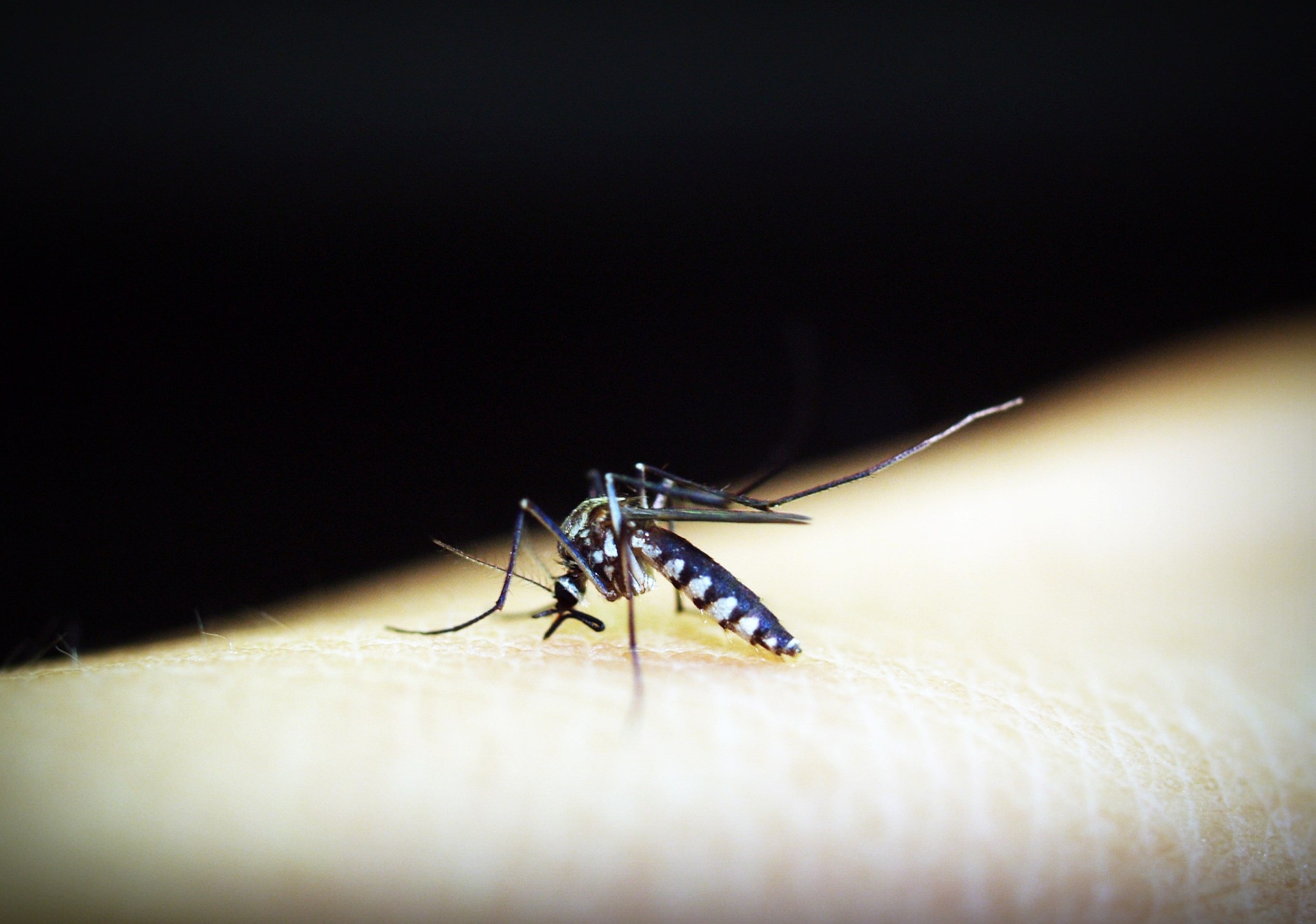
Female Anopheles mosquitoes usually spread malaria, but it can also be caused by blood transfusions, organ transplants, and needles contaminated with infected blood. Malaria remains one of the most enormous public health problems in the world. It causes approximately 350-500 million infections yearly, causing death in 1 million infected people. In many countries, malaria can be effectively treated and prevented from spreading. However, that is not the case for geographical regions in the least developed countries in central and east Africa, where screening methods are not as advanced.
The most commonly observed symptoms of malaria are as follows:
The above health issues appear 10 to 15 days![]() after the mosquito bite. Fever, headache, and chills are among the first symptoms and are usually not linked to malaria, as they indicate the regular flu, cold, or viral infection. Most people don't experience severe issues during the first day. If malaria is not treated after 24 hours, the risk of developing serious malaria rises significantly. The disease may lead to death in the worst-case scenario, which often occurs after that time.
after the mosquito bite. Fever, headache, and chills are among the first symptoms and are usually not linked to malaria, as they indicate the regular flu, cold, or viral infection. Most people don't experience severe issues during the first day. If malaria is not treated after 24 hours, the risk of developing serious malaria rises significantly. The disease may lead to death in the worst-case scenario, which often occurs after that time.
In countries where malaria is not common, it is often confused with flu, influenza, and cold, while in regions where it occurs frequently, it is treated without diagnosing the symptoms. This practice is known as empirical treatment, a treatment that doesn't need confirmation in diagnosis and instead is employed based on clinical suspicion.
Sometimes malaria affects body organs and causes abnormalities in metabolism. It occurs when 5% of red blood cells are infected with parasites and results in the following health problems:
Severe malaria requires immediate medical attention. People who experience mild symptoms are at risk of severe malaria if they don't undergo treatment.
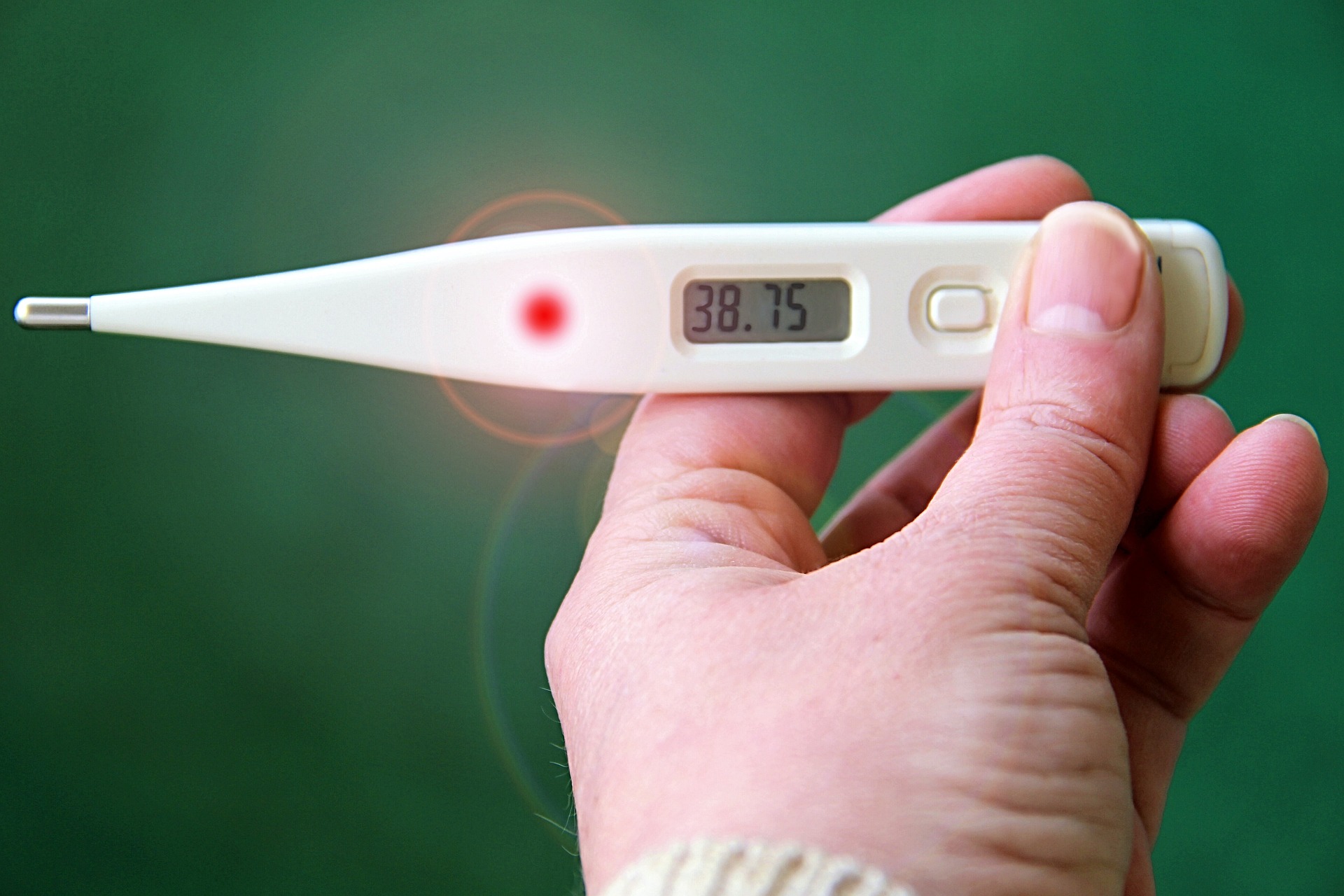
Additional health problems due to untreated malaria can occur several hours or days after the infected mosquito bite. They are often the cause of death in people infected by this disease. Depending on the severity of the infection, one or more complications may occur, increasing the risk of death:
Other complications that can also occur are as follows:
Anyone can be bitten by a mosquito infected with a parasite and develop malaria. People who live in areas where parasites causing malaria commonly exist are at the biggest risk. Next, the travelers and tourists who visit these areas can be infected. An infected mother may also transmit the disease to her child during pregnancy, but it rarely occurs. Thus, living in certain countries, including South and Southeast Asia and Sub-Saharan Africa, contributes most to the development of malaria.
According to the research published on Our World in Data, the below countires![]() have the highest number of malaria infections per 100,000 people:
have the highest number of malaria infections per 100,000 people:
The death rate from malaria is the highest in Niger, Nigeria, Sierra Leone, Liberia, Cote d'Ivoire, and Cameroon, where it exceeds 100 deaths per 100,000 people.
Diagnosing malaria involves a physical exam and reviewing medical and family history to rule out a condition that causes similar symptoms to malaria. During a visit, a doctor will ask about your symptoms and order adequate tests. If you have been in an area where malaria is common, you need to mention that – it will help the doctor rule out other possibilities.
The tests you may need to have include:
Sometimes malaria can be diagnosed based on the description of symptoms and physical evaluation by the doctor. However, doctors' findings always have to be confirmed by laboratory tests for malaria.
Malaria is treated with medications. Starting the treatment as soon as possible is vital because malaria symptoms get worse quickly and may cause severe complications. The main goal of the treatment is to eliminate malaria parasites![]() affecting red blood cells to stop the infection from progressing. Its purpose is also to prevent the disease from spreading to others.
affecting red blood cells to stop the infection from progressing. Its purpose is also to prevent the disease from spreading to others.
There are several anti-malarial strategies that depend on several factors, such as a person's age, the severity of symptoms, parasite type, and whether an infected person is pregnant:
Adequate medicine and therapies get rid of parasites from the bloodstream. The sooner treatment starts, the more effective it is.
Medications used to treat malaria can cause side effects and interfere with other drugs. These
If you experience one or more of the above symptoms during anti-malaria treatment, consult your doctor to adjust doses of medications or replace certain drugs with more fitting alternatives.
RTS,S/AS01 (RTS,S) or Mosquirix, is a vaccine against malaria that has been developed for children. It was tested in Ghana, Malawi, and Keyna and is not available for travelers.
Mosquirix is effective against Plasmodium falciparum which is the most dangerous in children. So far, 2.3 million vaccines have been administered.
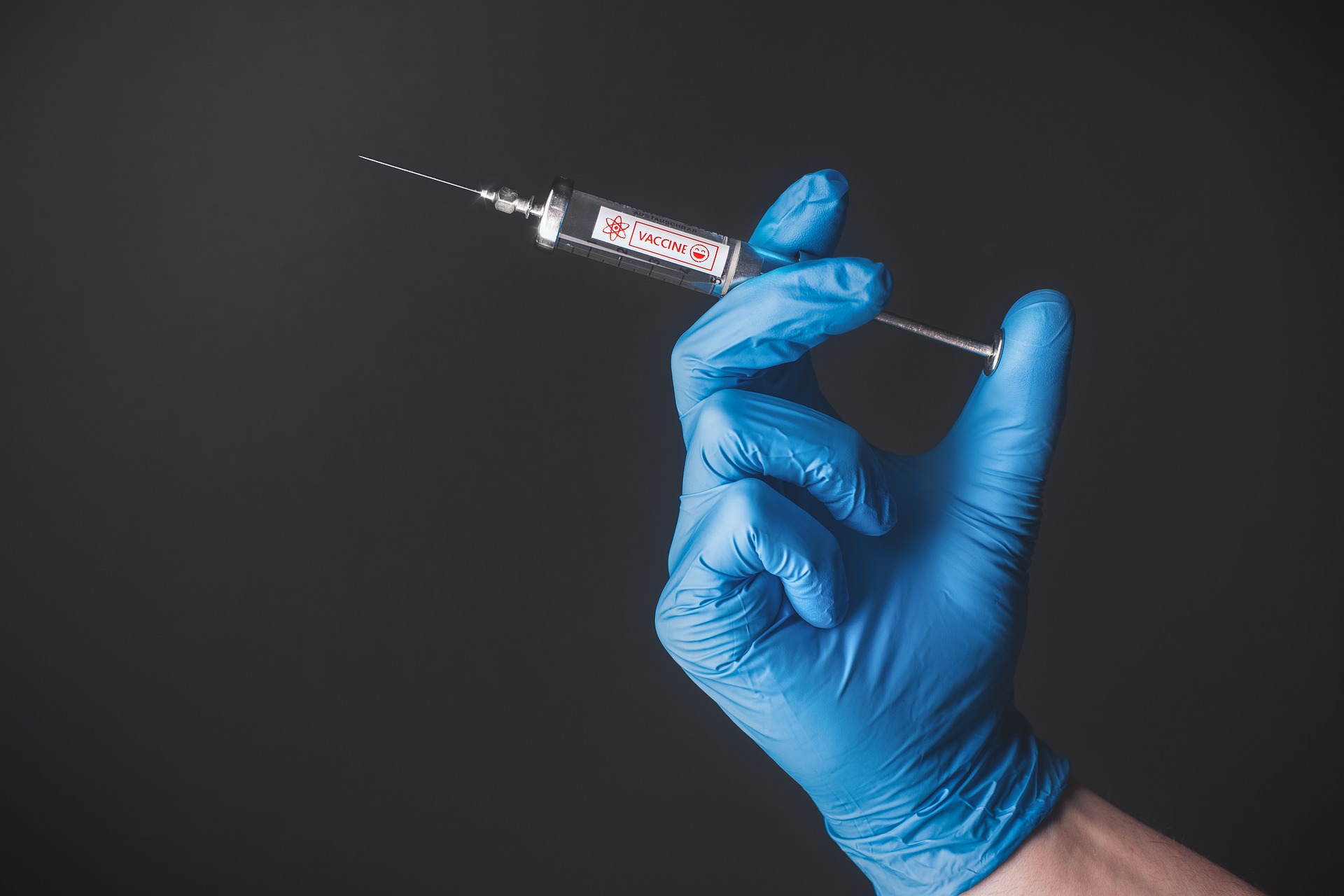
Preventative countermeasures are practiced in areas where malaria is common and are recommended to native inhabitants as well as tourists and travelers. If you plan to visit such a place, talk to your doctor to learn which anti-malaria medications you should take with you. Adequate drugs should be taken before, during, and after your stay. They are not considered a treatment but can lower the risk of getting infected with the disease![]() .
.
Anti-malaria medications have 90% effectiveness in preventing infection, so taking additional steps to increase that value is essential. The best ways to protect yourself from mosquito bites include the following:
Avoiding malaria infection involves several strategies. One of the most effective ways to prevent malaria is using bed nets, which create a physical barrier against mosquitoes while sleeping. Indoor residual spraying with insecticides is also essential to keep insects at bay.
Diagnosis and treatment are necessary for managing malaria. Diagnostic tests, such as blood tests, are used to confirm the presence of the parasite in the body. Anti-malarial medications are then prescribed to kill the parasite and help get rid of symptoms and complications.
International organizations, governments, and communities are working together to develop new strategies, medications, and vaccines to combat malaria. Research and development efforts are focused on finding more effective treatments, improving diagnostic tools, and ultimately developing a vaccine to prevent malaria.
Table of Contents
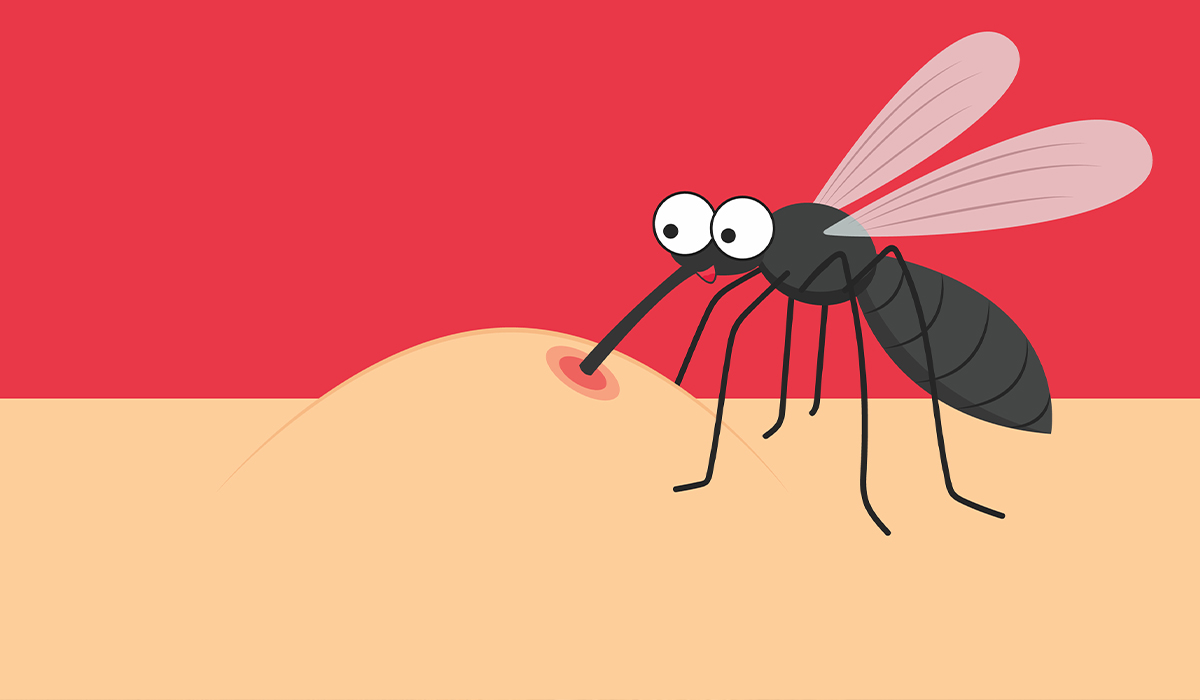
Mosquito bites are a skin reaction to the bite of a female mosquito. Why is this happening? How to prevent… read more »
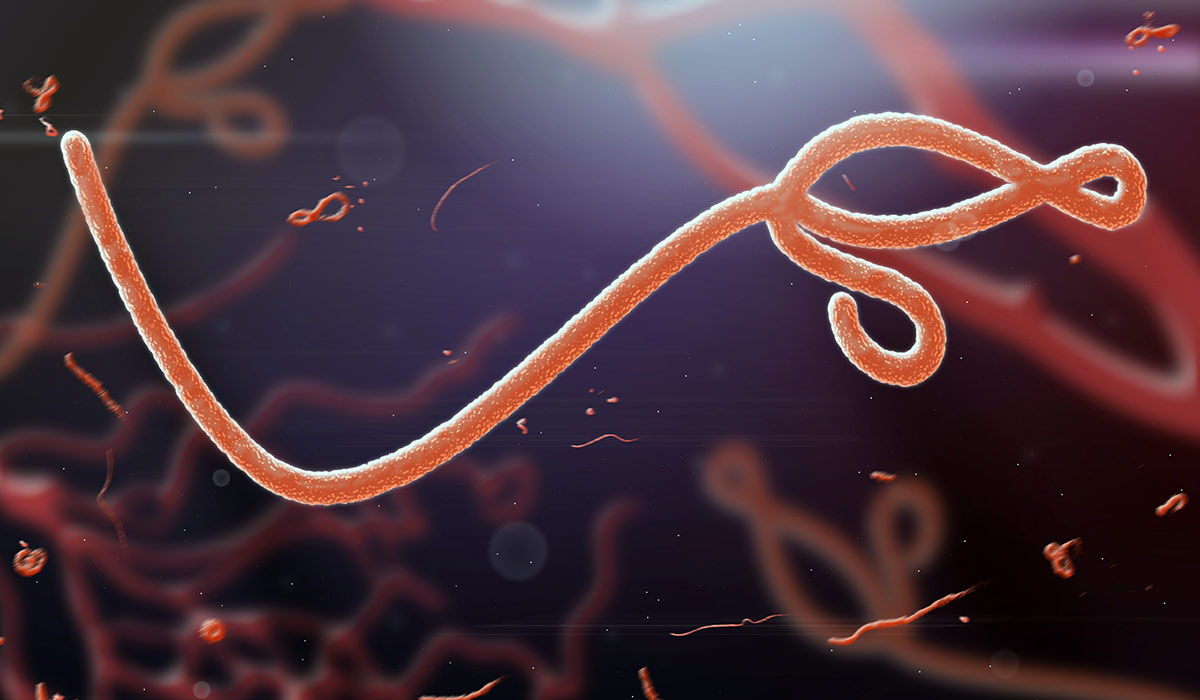
The Ebola virus continues to pose a threat to those living in Africa. Learn about the risks associated with Ebola… read more »
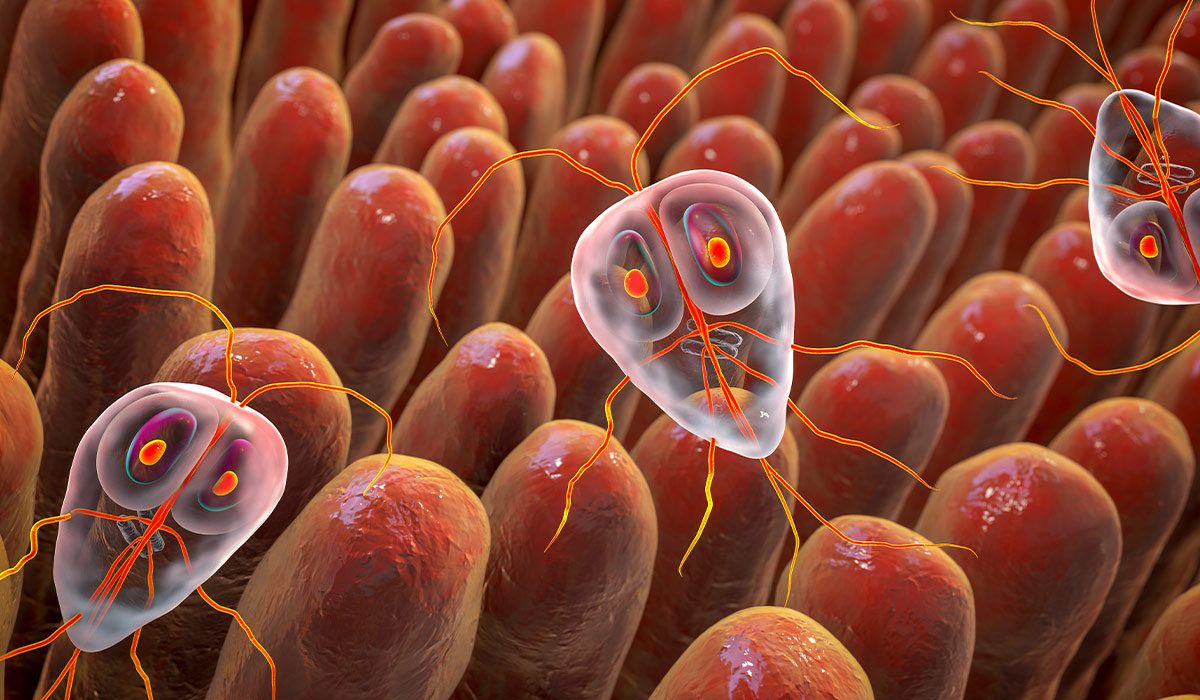
Giardiasis is a disease that causes symptoms of diarrhea. Some people are at greater risk of a severe course and… read more »
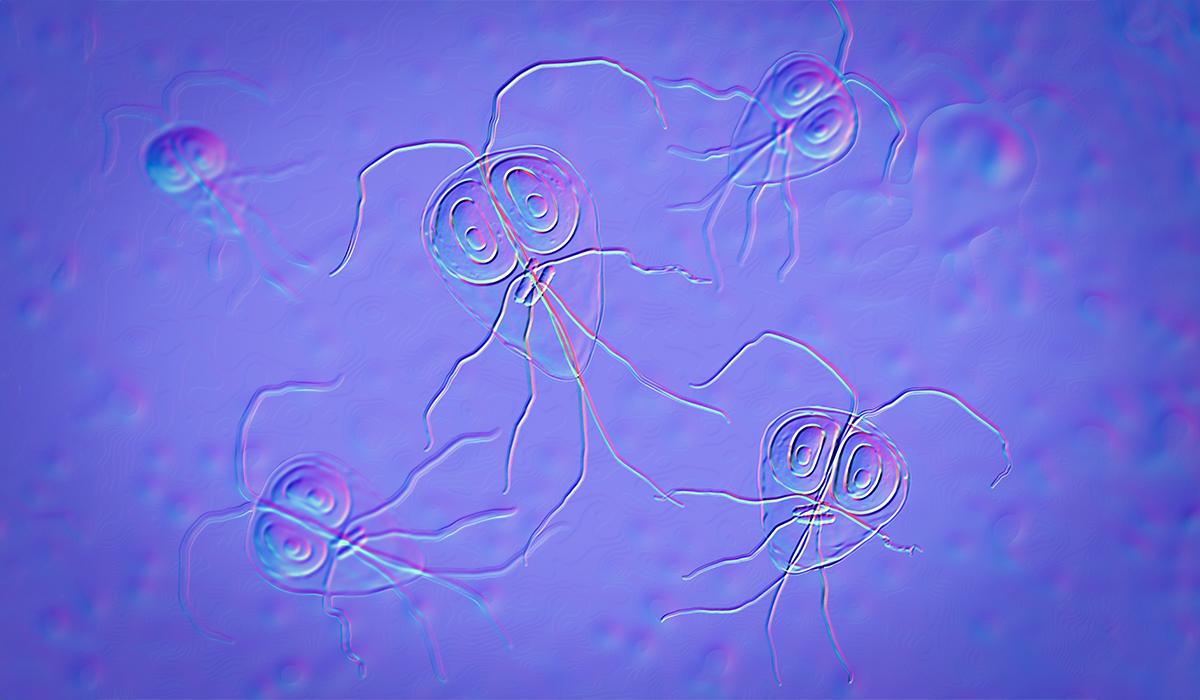
Giardia lamblia is a parasite affecting humans. It is also known as giardia intestinalis and giardia duodenalis. It leads to… read more »
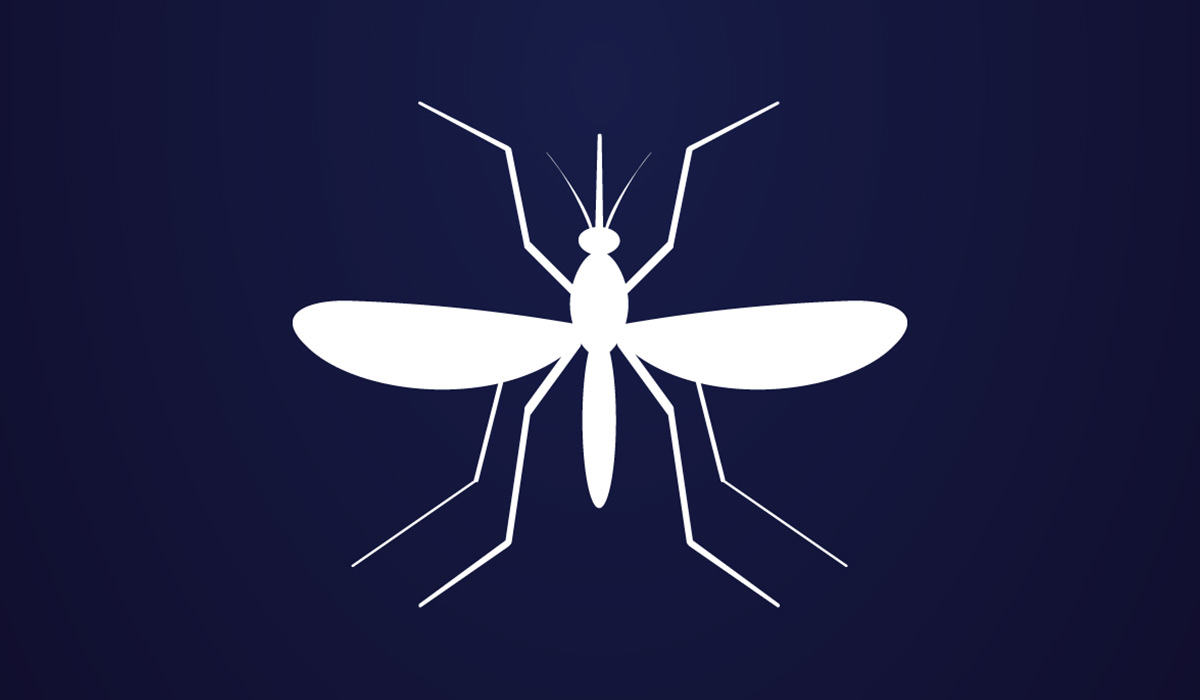
West Nile Virus is a threat not only to Africans. Fortunately, most patients pass the infection mildly, but there are… read more »
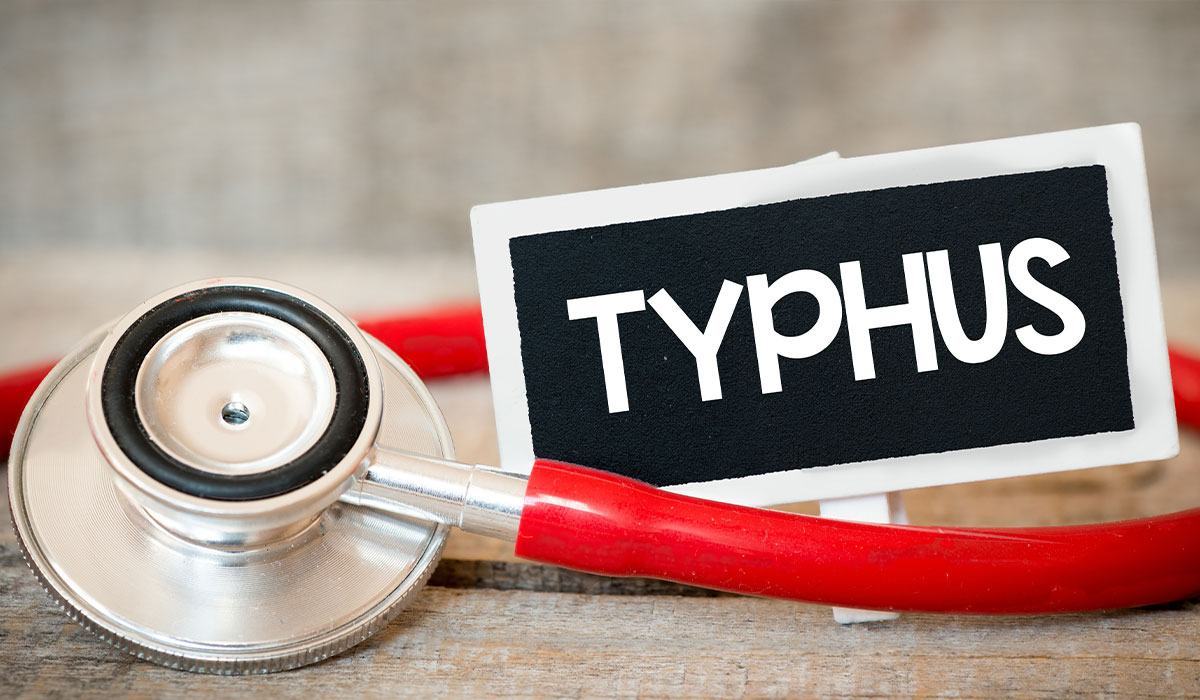
The term typhus encompasses three main types of typhus – epidemic typhus, endemic typhus, and scrub typhus. Each one of… read more »

Trichinosis or trichinellosis is caused by a parasite roundworm from the sort of Trichinella. Undercooked pork and wild creatures eaten… read more »
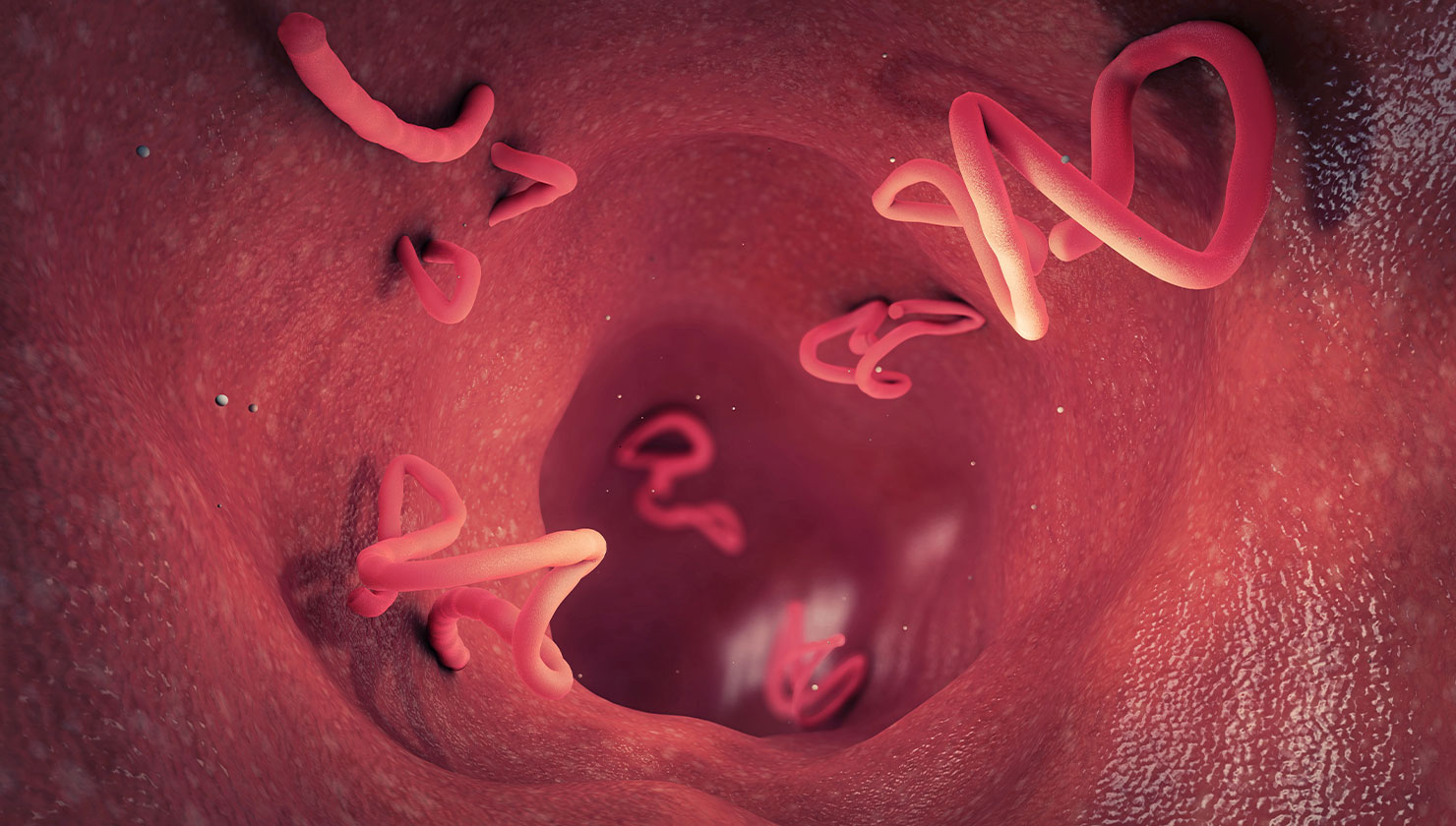
A tapeworm is a parasite that uses the human body as a food source. Its presence causes certain symptoms –… read more »
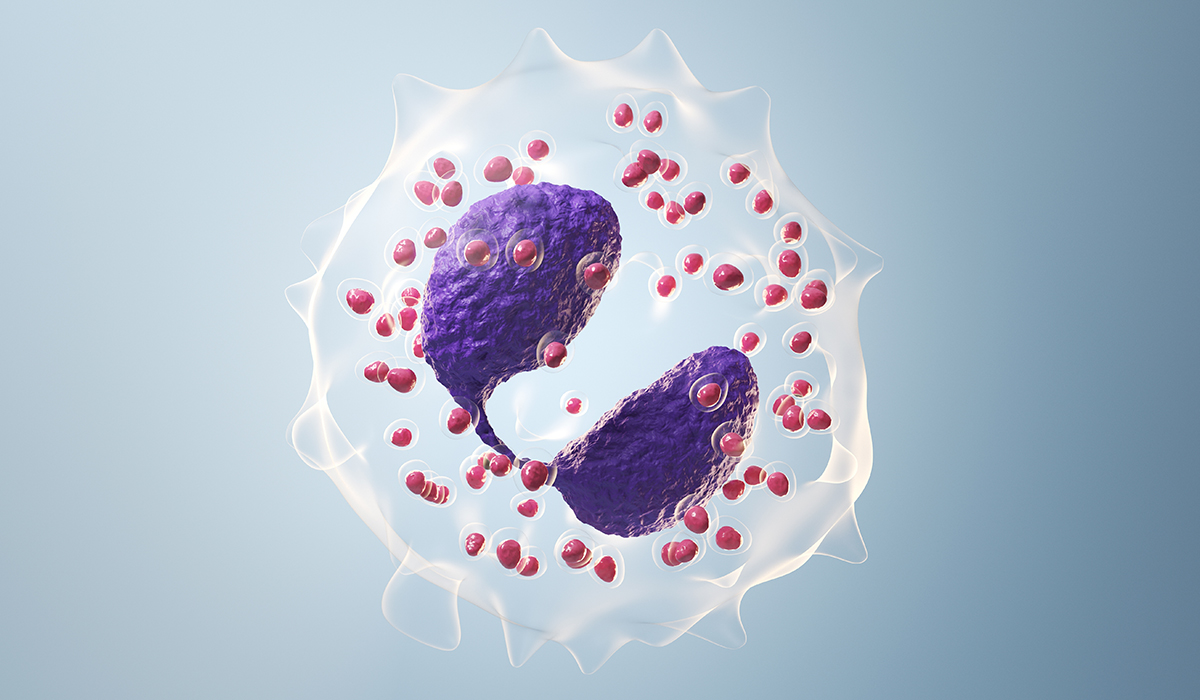
Eosinophils are a portion of the granulocyte family, which is a sort of white blood cell vital for our safe… read more »